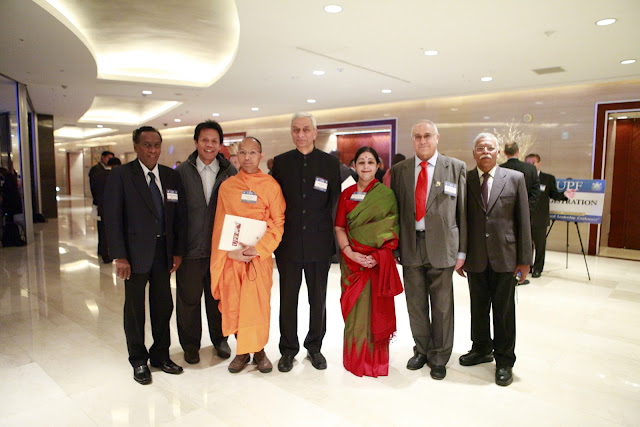![]()
The Words of the Davis Family
|
|
The Words of the Davis Family |

Freedom of information, the rights of people to have access to a free and unfettered media, is key for peace and stability not only in northeastern Asia but around the globe. In my work in covering the globe as a foreign correspondent, I have observed that the first way dictators try to control their people is to stop them from getting information: they stifle the press and censor and control the media.
We are seeing in the Middle East the manifestations of immense political change that will impact the entire world. Many believe these winds of freedom will not confine themselves to Tunisia, Egypt, and Syria but will envelop the globe. People are demanding freedom, representative government, and the right to free expression and access to information. People want to be free to express themselves, impact their communities, and impact the world.
A free press is emerging in places such as Tunisia and Egypt, and there is a sense of excitement as ideas are being debated. Journalists are taking seriously their duties to keep watch on government and serve as ears and eyes of the people. People feel a new sense of personal power.
The role of media to inform people in a democracy and to keep watch on government is important, since democracies cannot exist without a free and unfettered press. Thomas Jefferson, one of the founding fathers of the United States, once said:
If I had to choose between government without newspapers, and newspapers without government, I wouldn't hesitate to choose the latter.
And he was often harshly criticized by the press in his day.
It is clear that the media often plays a profound role in supporting and advancing democracy and freedom. In the Middle East, technology has made it easier for information to be shared person to person, even bypassing the traditional media.
In fact, social media and the Internet are making it virtually impossible for governments to stop people from seeking out the truth and resisting propaganda and manipulation. Technology will only strengthen the demands of people for access to information and for the right of free expression
The nature of the media, the press, and communication in general, is changing. For example:
Communication is immediate, even across the globe.
People can communicate with vast parts of the world.
Translations are even easily available online.
Pictures can be sent instantaneously.
People throughout the world communicate quickly and regularly via facebook, twitter, and many other forms of social media.
Blocking the Internet and technology is becoming increasingly difficult.
Cell phones are everywhere, even in the developing world, connecting people more than ever before.
All of this means that our societies are changing, making us all more connected and influenced by ideas, philosophies, and debates thousands of miles away. When governments or societies try to deny people the right to communicate, the right to freedom of information, the right to a free press that can criticize leaders, seek out the truth and report it to the people, they are destined for increasing conflict and instability. The path to peace and stability in northeast Asia or anywhere in the world lies in guaranteeing people the basic right of freedom of speech, which is the basis of a free press and of any true democracy.